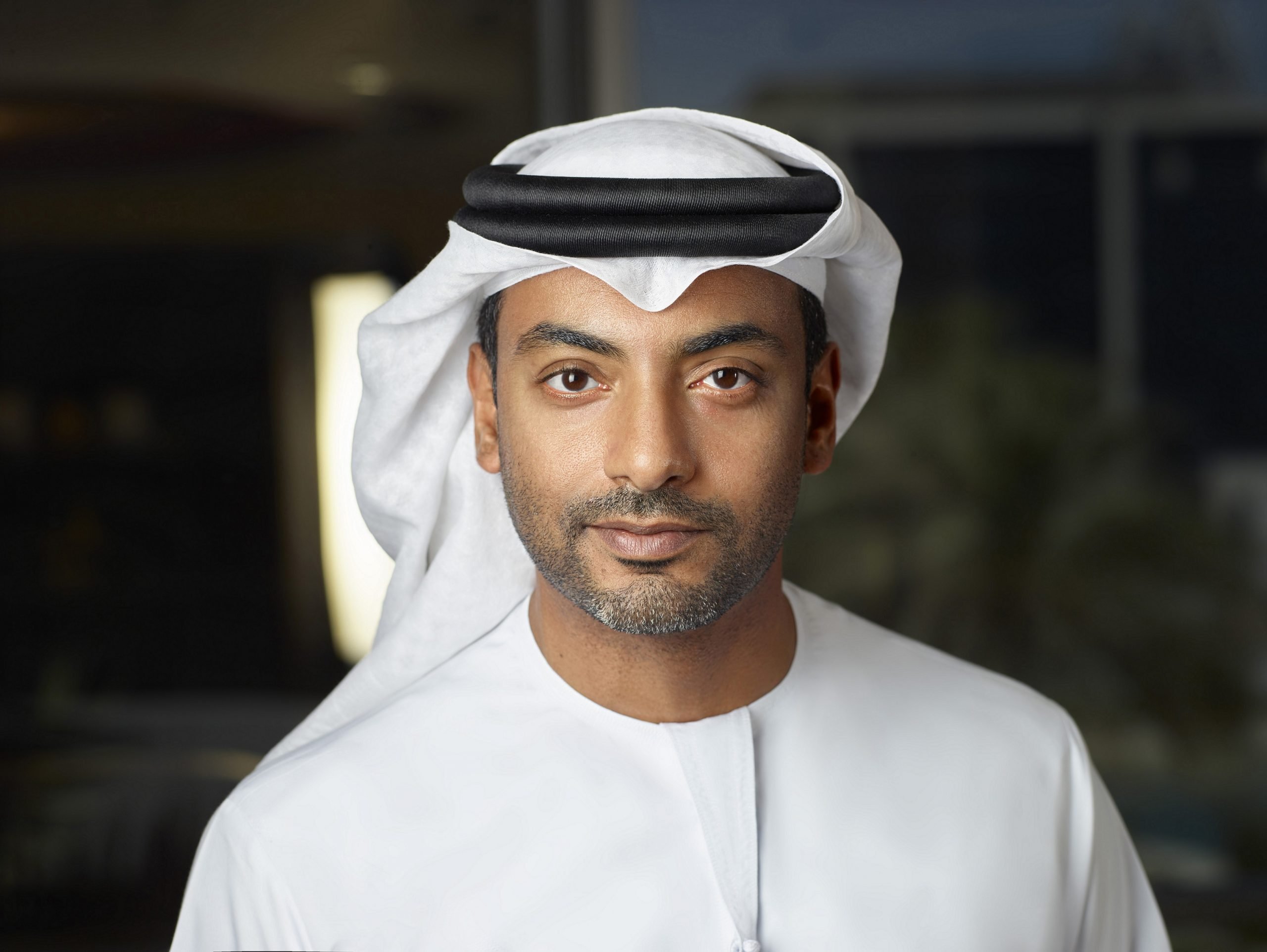
It seems far-fetched that a technology struggling to spell ‘strawberry’ will reshape the media landscape, but as savvy professionals already know, artificial intelligence (AI) systems nevertheless have a profound influence on the way we work.
The Middle East’s media and entertainment sector is an AED 151bn market where the paradigm shift in post-pandemic consumer behaviours means content providers are racing to deliver personalised, on-demand experiences.
As media consumption preferences evolve, 42 per cent of advertising revenues is likely to come from digital ads this year in the Middle East and North Africa (MENA) region. Moreover, 4G and 5G networks are further improving streaming and virtual experiences for audiences. 5G networks are expected to account for 5.5 billion global connections by 2030, with around 50 million connections likely just in the MENA region by 2025.
These tech advancements represent a new direction of travel for the global media industry, and embracing AI in this landscape can help regional content creators guard against stagnation. Its potential, while seemingly nascent at present, will decisively contribute towards aligning future consumer expectations with content delivery.
For now, the commercial utility of these technologies is best reflected in how they enrich the process – not the results – of content creation exercises.
GenAI for efficiency
AI-enabled systems broadly have both acceptance and success in wider society. From voice assistants on mobile phones to the algorithms powering search engine, social media, and online shopping platforms, AI’s real-world applications already touch several parts of our lives. Generative AI (GenAI) chatbots offer variable levels of content quality and accuracy, but it would still be premature to rule out the possibilities of increased AI adoption in our sector.
AI-powered tools are equipped to analyse vast datasets, helping identify trending topics for newsrooms or personalise recommendations for ad targets. Forward-thinking organisations, particularly news media outlets, are already harnessing these abilities to gain a competitive edge.
European broadcaster Sky TV leverages data analytics to optimise its digital platforms for seamless content access across devices and provide personalised customer experiences. Thomson Reuters uses AI to understand customer needs and provide insights as and when necessary. Through its various businesses, the group has also formed an applied research and development group since 1992 to leverage AI capabilities.
Among homegrown media brands, Blinx, a digital-first media platform based at Dubai Media City, uses AI-powered platforms for content recommendation and creation, personalisation, automatic tagging, and metadata generation, as well as optimised searchability for its content.
At Dubai Studio City, STARZPLAY leverages AI in billing automation to charge its consumers at convenient price points. These journeys are exceptional but may increasingly transform into industry norms as media companies discover the operational benefits of harnessing AI.
A question of AI ethics
AI can play an impactful supporting role in the media sector, but equally essential is a robust ecosystem to secure human talent and creativity. This is a crucial area of leadership for the UAE, where the Personal Data Protection Law – the first federal law to be drafted in partnership with technology industry leaders – ensures information confidentiality and protects the privacy of individuals in the country. The Federal Decree-Law No. 38 of 2021 on Copyright and Neighbouring Rights provides protection for authors and creators of original intellectual and creative works in various sectors.
The AI Ethics: Principles and Guidelines document has been designed by the Minister of State for Artificial Intelligence’s digital economy and remote work applications office to help AI actors adhere to eight principles of ethics – including accountability, human-centricity, and security. Among the pillars of Dubai’s Universal Blueprint for AI (DUB.AI) is transforming the city into a global hub for AI governance and legislation.
Such legislation is vital to strengthen the ethics framework that underpins AI development, particularly as 14 per cent of global professionals surveyed for the Digital Creative Economy 2024 white paper cite ethical concerns linked to content creation as a challenge to the media sector’s growth.
Among the 126 media professionals surveyed for the paper – developed by Dubai Design District (d3) and Dubai Media City in partnership with Monstarlab – there is also recognition that the adoption of AI, Web3, and digital transformation processes can support efficiencies (55 per cent), customer journeys (48 per cent), and content monetisation (39 per cent).
These insights reflect the priorities of the vibrant, multitalented ecosystem of media organisations and creatives we have nurtured across Dubai Media City, Dubai Studio City, and Dubai Production City. Together comprising TECOM Group’s Media Cluster, these districts are home to more than 3,500 customers and 38,000 creative minds helping to embed resilience and future-readiness into our industry.
AI will be a crucial pillar of the blueprint for commercially viable and sustainable content creation as its promise of efficiency translates into tangible wins for our industry. Talent and organisations that embrace its potential will be at the forefront of the creative transformation for years to come.
By Majed Al Suwaidi, Senior Vice President of Dubai Media City at TECOM Group PJSC









